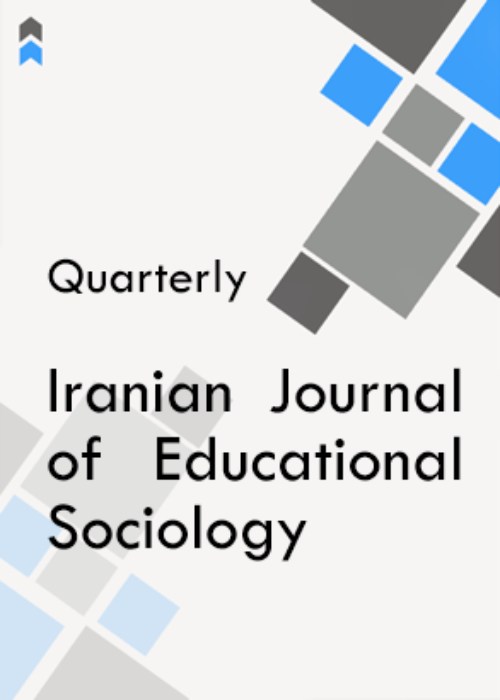Identifying total rewards from the perspective of knowledge workers, with emphasis on learning and development strategies.
The main purpose of this study was to identify the components of SMEs' knowledge rewards, and based on other components, learning and development strategies were developed based on the obtained components.
The present study was a descriptive survey in terms of purpose and method of data gathering and was mixed in terms of research method. Therefore, in the qualitative part, using semi-structured interviewing tool with 15 human resources experts and stakeholders Interviews were conducted and the data were analyzed using qualitative content analysis and a model was designed by combining them. Then, the model was tested by a researcher-made questionnaire and sample of 162 SMEs in Tehran, using quantitative structural equation research method with LISREL software and then to formulate strategies and strategies related to learning and learning. The paired t-test and SPSS software were used for development. Reliability of qualitative part of Holstein method was 0.83% and Cronbach's alpha coefficient was 0.81.
The findings showed that 22 sub-components of comprehensive reward factors were identified, all of which had appropriate factor loadings and the model was confirmed. Among the non-material dimensions of learning and development, it was the most important factor and in explaining learning and development strategies, the highest gap was observed in education, which was the first and foremost strategies in this field.
The findings of the study confirm the relationship of each of the material and non-material components to the concept of comprehensive reward, but the most important is the importance of the material components to the comprehensive reward. In the payment component, cash awards and in benefits, the benefits of flexibility had the highest impact, but among the non-material components that were secondary to the overall reward, the highest impact was on the learning and development component, which included performance evaluation. It matters the most. Non-material factors were expected to be of high priority for knowledge workers, but this was not favorable to the statistical population.
- حق عضویت دریافتی صرف حمایت از نشریات عضو و نگهداری، تکمیل و توسعه مگیران میشود.
- پرداخت حق اشتراک و دانلود مقالات اجازه بازنشر آن در سایر رسانههای چاپی و دیجیتال را به کاربر نمیدهد.


